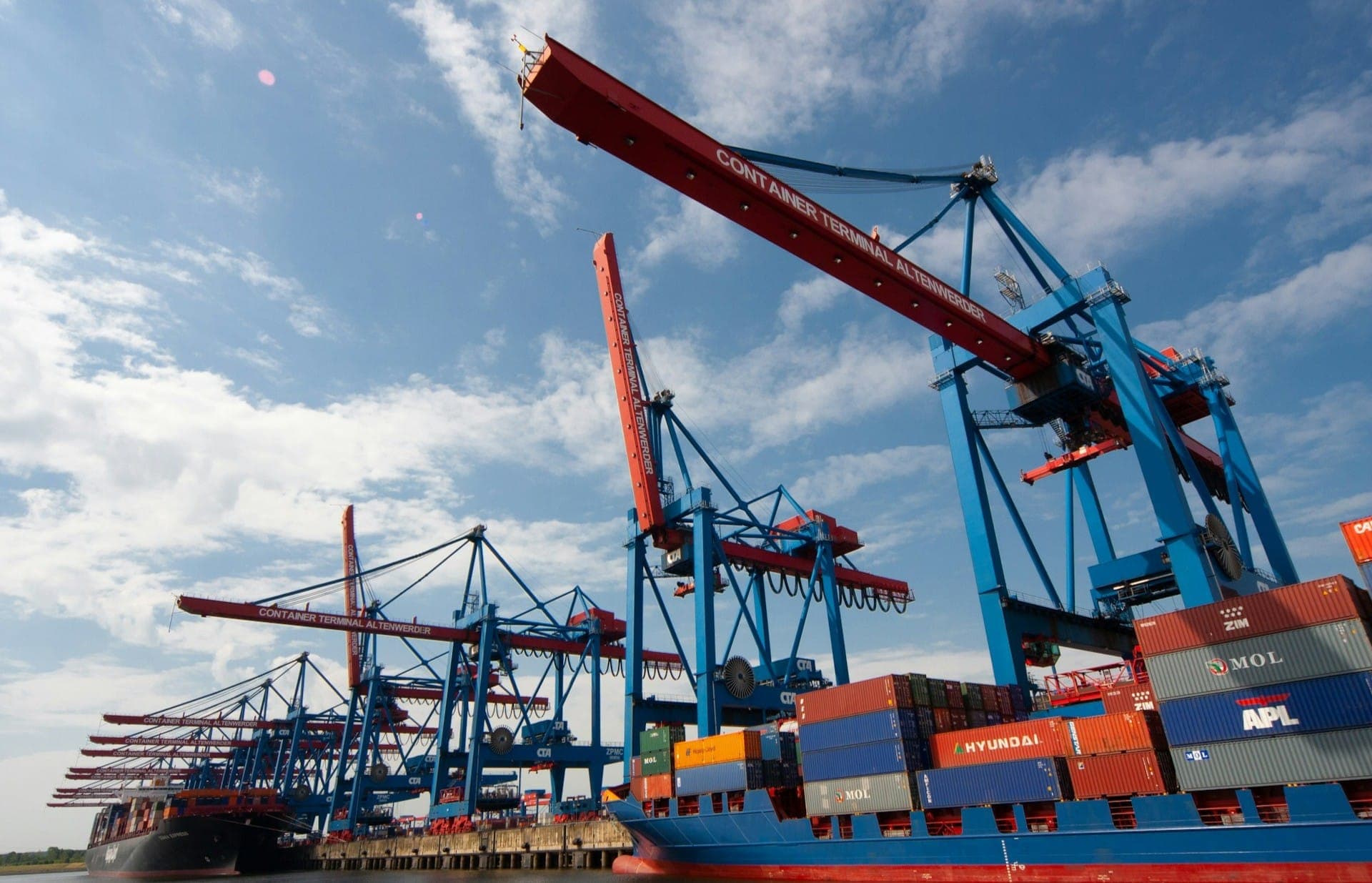Who Wins a Trade War? Not Independent Voters

Editor's Note: This piece originally appeared on The Independent Center's website and has been republished on IVN with permission from the organization.
Trade wars, often fueled by protectionist policies and tariffs, have historically led to economic and geopolitical instability. The notion that trade wars are easy to win is not only misleading but dangerous. Protective tariffs result in increased consumer prices, weaken domestic manufacturing competitiveness, and provoke retaliatory actions from trade partners. These effects collectively harm both national and global economies. Furthermore, history has demonstrated that trade disputes can escalate beyond economics, fostering diplomatic tensions and even contribute to armed conflicts.
Key points:
- Foreign nations retaliate with their own tariffs.
- Trade wars can evolve into diplomatic crises or military conflicts.
Zooming In
Historical Lessons from the 20th Century:
- The Smoot-Hawley Tariff Act of 1930 worsened global economic conditions.
- Protectionist policies in the early 20th century exacerbated international tensions leading up to World War II.
- Post-war leaders recognized the dangers of trade barriers and laid the groundwork for global trade institutions like the World Trade Organization (WTO).
The Economic Downside of Tariffs:
- Tariffs increase costs for domestic manufacturers reliant on foreign raw materials.
- They strengthen the domestic currency, making exports more expensive and less competitive.
- Inflationary expectations drive up consumer prices as businesses anticipate higher costs.
Free Trade's Benefits and Challenges:
- Free trade generates widespread economic benefits but also creates localized economic disruptions.
- The rise of global supply chains has made trade restrictions even riskier in modern times.
Why It Matters
Trade policy affects everyday lives, influencing the price of goods, job availability, and economic growth. Understanding the ramifications of tariffs and trade wars is crucial for voters and policymakers alike.
- The interconnected nature of today’s economy means that a trade war impacts not just one country but the entire global market.
- History has repeatedly shown that protectionism can lead to greater instability rather than prosperity.
- Current economic structures, such as retirement investments tied to the stock market, mean that protectionist policies can directly impact citizens’ financial security.
Moreover, trade disputes can damage diplomatic relations. As seen in the past, economic conflicts have led to resentment and political instability, contributing to broader international conflicts. Ensuring a balanced trade policy helps maintain global stability and economic growth.
Independent Lens
When it comes to trade policy, independent voters want pragmatic, fact-based policy rather than ideological extremes. Independent voters propelled the GOP to power in November because they were viewed as more sound on the key issues of affordability and inflation.
By focusing on long-term economic stability and sound leadership, rather than short-term political victory, an independent approach seeks sustainable solutions that benefit both businesses and workers. Avoiding reactionary trade policies and instead fostering collaboration on fair trade practices will help prevent the historical pitfalls of past trade wars.
History and economic analysis show that trade wars are not easily won and often inflict more harm than benefit. Often, raising tariffs is like shooting your own foot. Smart, independent policy-making can help avoid the worst consequences while ensuring that global trade remains a force for prosperity rather than conflict.





